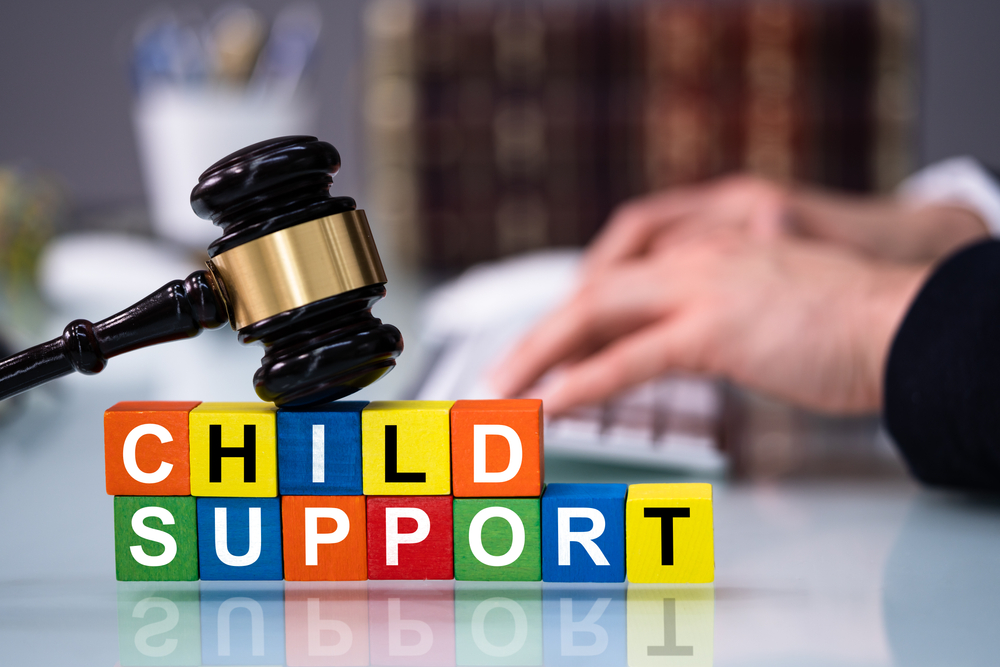The prevalence of divorce and multiple marriages means that it is common for a parent to have children from more than one relationship. If one or more of those relationships end, the parent may have to pay child support for children in separate households. In New York, child support laws provide detailed guidelines regarding the calculation of child support including in situations where multiple children are living in multiple homes.
There are two components to child support in New York. Basic child support, which covers food, clothing, and shelter expenses, is determined by a statutory formula. In general, noncustodial parents must pay a percentage of both parents’ combined gross incomes for the year for basic support. The law also provides for additional support for add-on expenses which is generally paid pro rata according to the parties’ respective incomes.
The basic support payment is a fixed percentage of parental income up to $154,000, depending on the number of children. The percentages are as follows:
- 1 child = 17%
- 2 children = 25%
- 3 children = 29%
- 4 children = 31%
- 5 or more children = 35%
For any income over $154,000, the courts will try to keep the child(ren) in the same standard of living they would have been in but for the parties’ decision to live separate and apart. Basic child support in this event is paid by the parents pro rata according to their respective incomes.
Notably, the above percentages are calculated per household. As a result, where multiple children are in different homes, the total amount of child support paid will be higher. For example, if a parent has 2 children in one home and 1 child in another home, the parent will pay 25% of income for the 2 children and 17% of income for the 1 child in a different home. The combined amount is significantly more than the 29% a parent would pay for 3 children in the same household.
As indicated above, in addition to basic expenses, a parent may be required to pay certain add-on expenses, which may include unreimbursed medical costs, childcare, private school, summer camp, extracurricular school activities, and tutoring, among other things. Again, these are shared pro rata by the parents.
Both basic and add-on expenses can be negotiated by the parties, provided that the parties state the reasons for deviation from the child support guidelines and that the child(ren) are not losing out by virtue of the parents’ decision to settle the amount of the payment.
If you are a parent considering divorce , we can help you understand how the law calculates expenses and find the best solution for you and your children. Contact us today.

